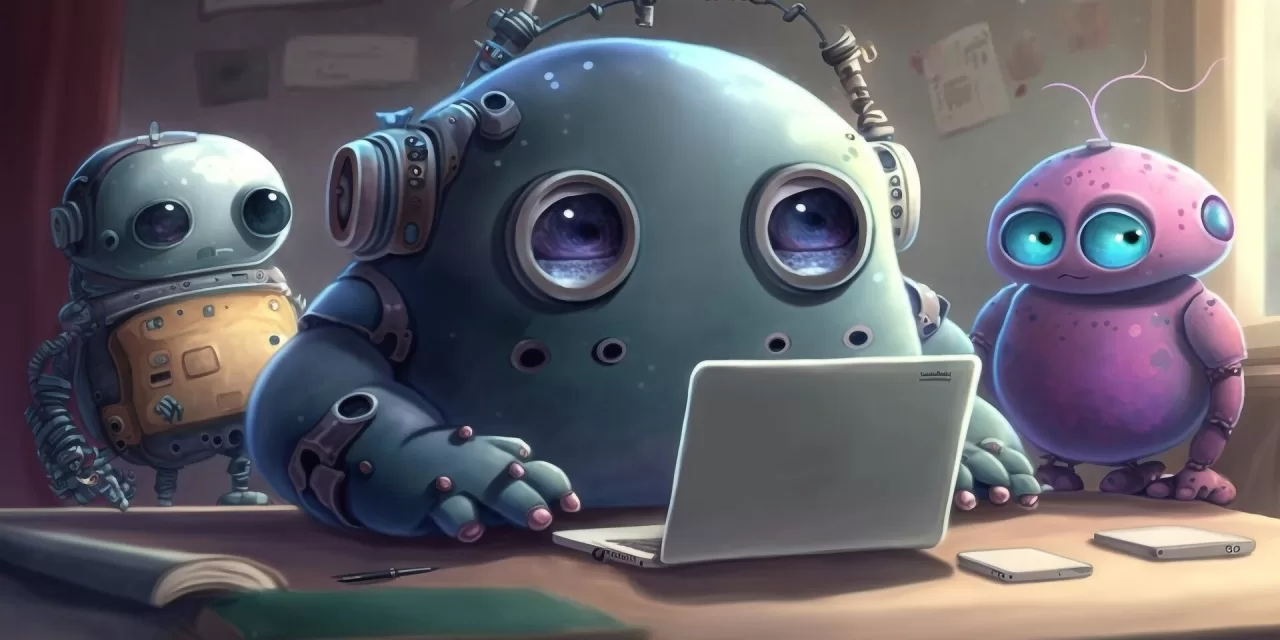A recent study has found that social chatbots, an interactive form of artificial intelligence (AI), can effectively alleviate feelings of loneliness and social anxiety in university students. The research, published in the Journal of Medical Internet Research, provides significant insights into the potential of AI-driven mental health interventions.
Study Conducted by Leading Researchers
The study was led by Professor Dooyoung Jung and his team at the Graduate School of Health Science and Technology at UNIST, in collaboration with Professor Chul-Hyun Cho from the Department of Psychiatry at Korea University Anam Hospital. Their joint research aimed to explore the impact of social chatbot interactions on users’ mental well-being.
Methodology and Key Findings
The research utilized the well-known social chatbot “Iruda 2.0.” A total of 176 participants engaged with the chatbot more than three times a week over a four-week period. Standardized survey instruments were used to assess their levels of loneliness and social anxiety before and after the intervention.
The findings revealed that regular interactions with social chatbots reduced loneliness scores by an average of 15% and alleviated social anxiety scores by an average of 18%. The chatbot’s effectiveness was particularly pronounced when users shared detailed information about their thoughts and emotions or exhibited higher resilience. Additionally, individuals who struggled with face-to-face interactions seemed to benefit the most from chatbot conversations.
Expert Insights and Future Research
“We have confirmed that social chatbots can serve as effective digital tools for alleviating loneliness and anxiety,” stated Myungsung Kim, the study’s first author and a Ph.D. student at UNIST. “This research is significant as it empirically demonstrates that chatbots can provide emotional support beyond their technical functions.”
Professor Jung, a psychiatrist, highlighted the broader implications, noting, “If utilized safely, social chatbots can be valuable for preventing mental health issues, especially in settings where professional resources are limited.”
Looking ahead, the research team aims to enhance the usability of chatbots, refine personalized services, and examine the potential limitations and biases associated with chatbot-based mental health interventions.
Disclaimer:
While this study highlights the potential benefits of social chatbots in reducing loneliness and social anxiety, it is not a substitute for professional mental health care. Individuals experiencing severe mental health challenges should seek guidance from qualified healthcare professionals.
More Information: Myungsung Kim et al, Therapeutic Potential of Social Chatbots in Alleviating Loneliness and Social Anxiety: Quasi-Experimental Mixed Methods Study, Journal of Medical Internet Research (2025). DOI: 10.2196/65589.
Journal information: Journal of Medical Internet Research











